Latest Comments
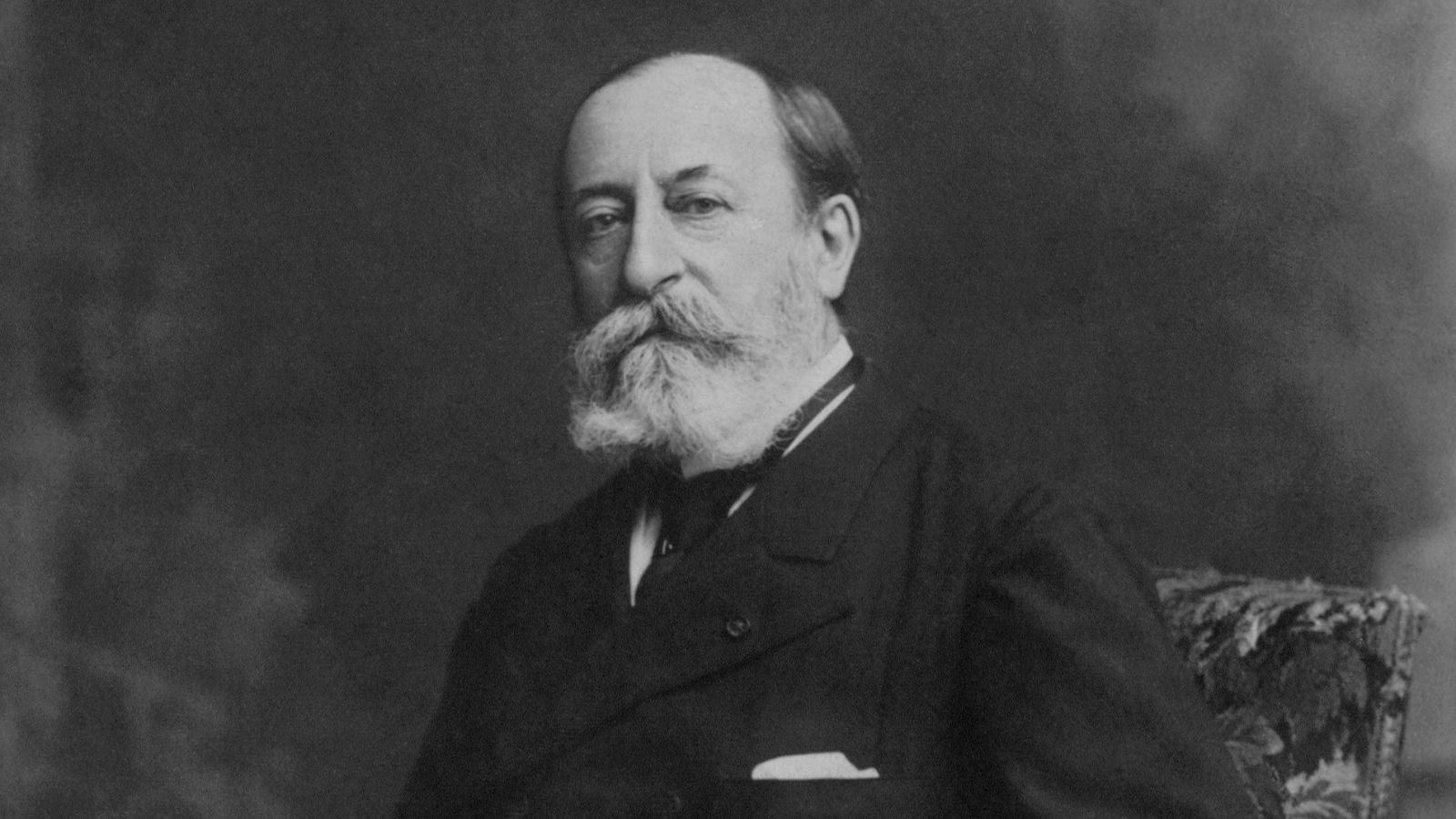
Camille Saint-Saëns: A Complete Biography
Camille Saint-Saëns was a French composer, pianist, organist, conductor, and writer whose life spanned from the height of Romanticism into the dawn of modernism. Best[…]

Anton Bruckner: A Complete Biography
Anton Bruckner (1824–1896) was an Austrian composer whose monumental symphonies and deeply spiritual music marked a significant transition from Romanticism to the modern era. Revered[…]
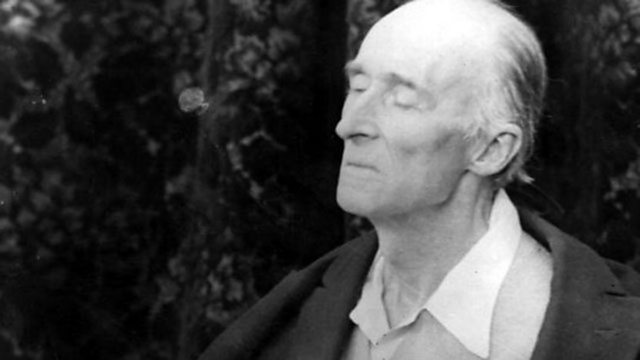
Frederick Delius: A Complete Biography
Frederick Delius (1862–1934) was one of England’s most distinctive and original composers. His music, noted for its impressionistic textures, rich harmonies, and poetic sensibility, often[…]
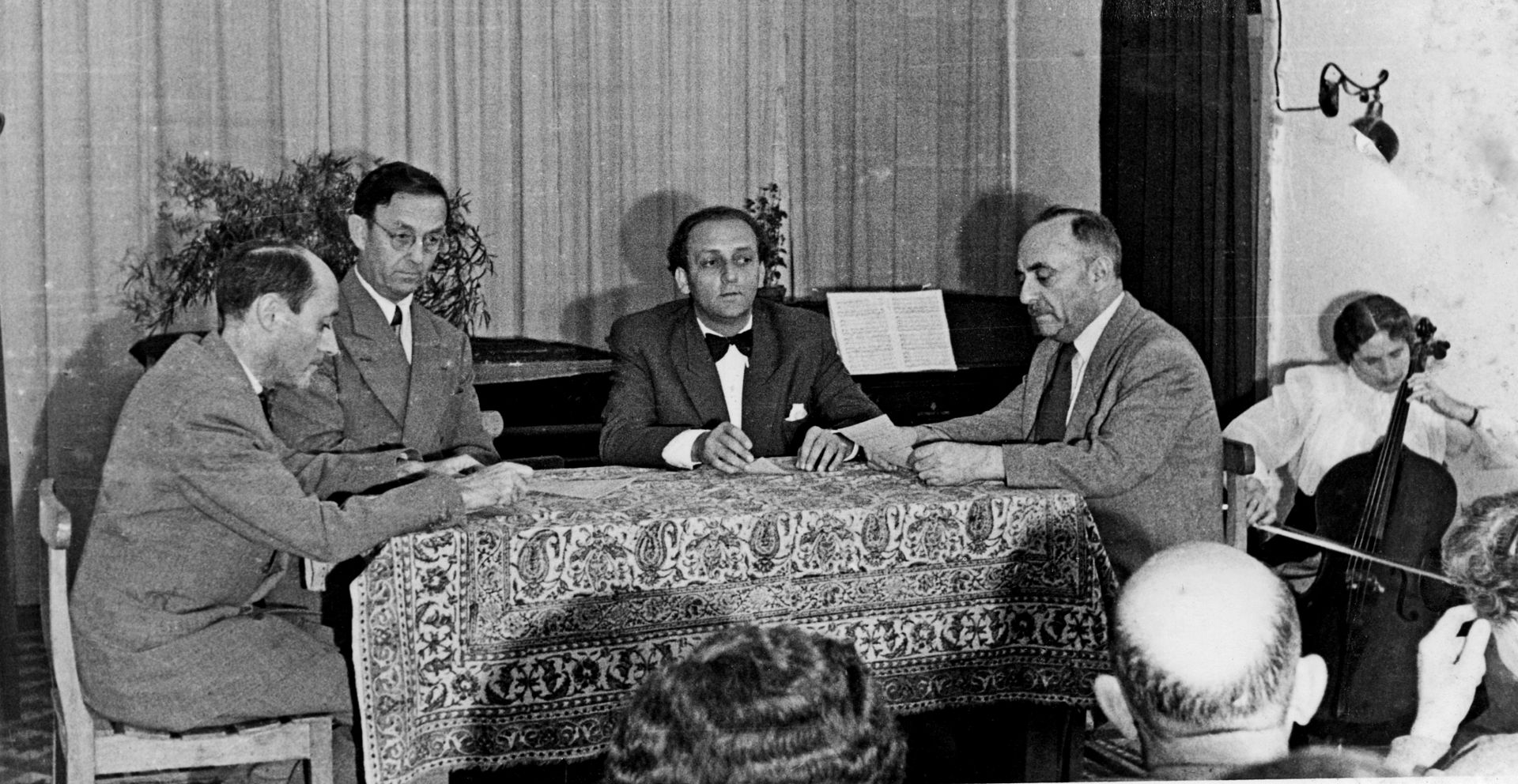
Frank Pelleg: A Life in Music
Frank Pelleg was a German-born Israeli pianist, composer, conductor, and musicologist whose life spanned some of the most turbulent and transformative decades of the 20th[…]
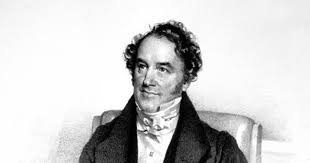
Conradin Kreutzer: A Complete Biography
Conradin Kreutzer (also spelled Kreuzer), born on November 22, 1780, was a prominent German composer, conductor, and operatic figure in the early 19th century. Best[…]
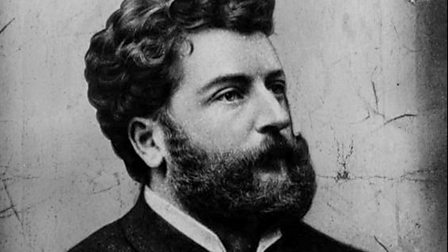
The Life and Legacy of Georges Bizet
Georges Bizet was born on October 25, 1838, in Paris, France, into a musical household. His father was a singing teacher and amateur composer, and[…]
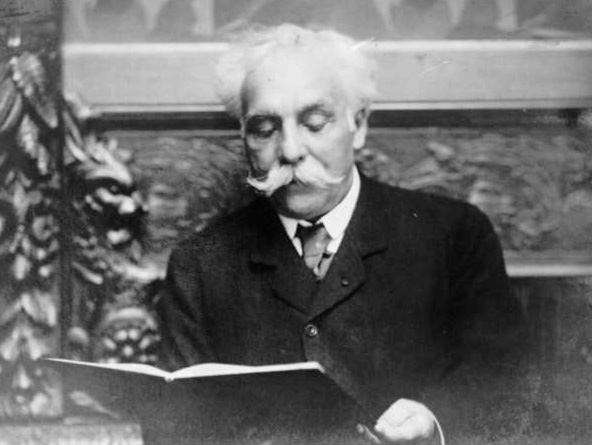
Gabriel Fauré: A Life in Music
Gabriel Urbain Fauré was born on May 12, 1845, in Pamiers, a small town in the south of France. The youngest of six children, Fauré[…]
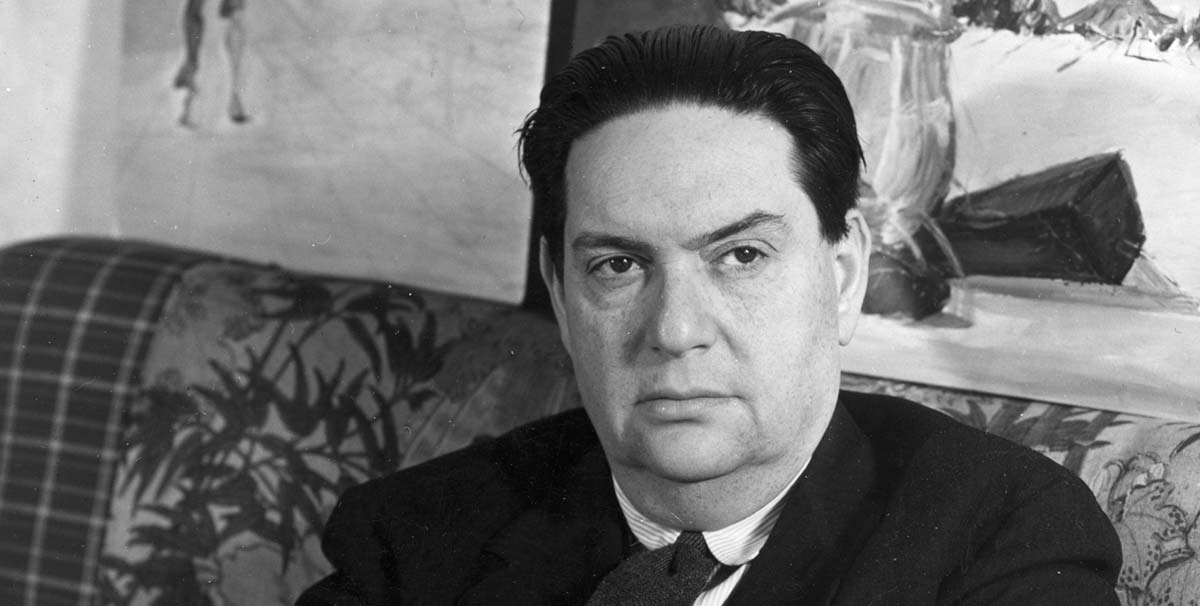
Darius Milhaud: A Life in Music
Darius Milhaud was born on September 4, 1892, in Marseille, France, into a Jewish family of Provençal and Italian descent. Raised in Aix-en-Provence, he was[…]
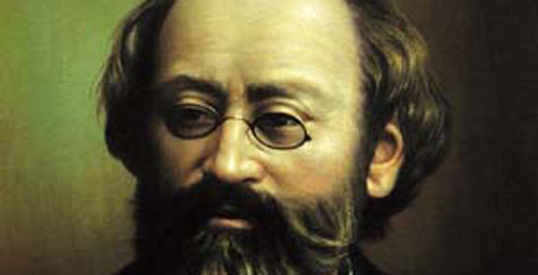
Max Bruch: A Romantic Composer’s Legacy
Max Bruch (1838–1920) stands as one of the most lyrical and emotionally resonant composers of the Romantic era. Though often remembered primarily for his enduring[…]
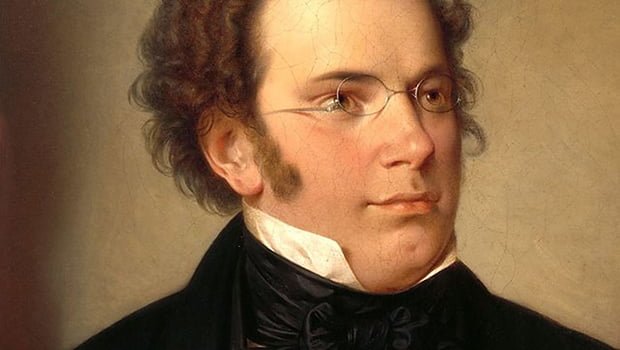
Franz Schubert: A Life in Music and Melody
Franz Schubert (1797–1828) stands as one of the most beloved and influential composers of the early Romantic era. Though his life was tragically short, his[…]
© 2025 Top Classical Music. Created with ❤ using WordPress and Kubio